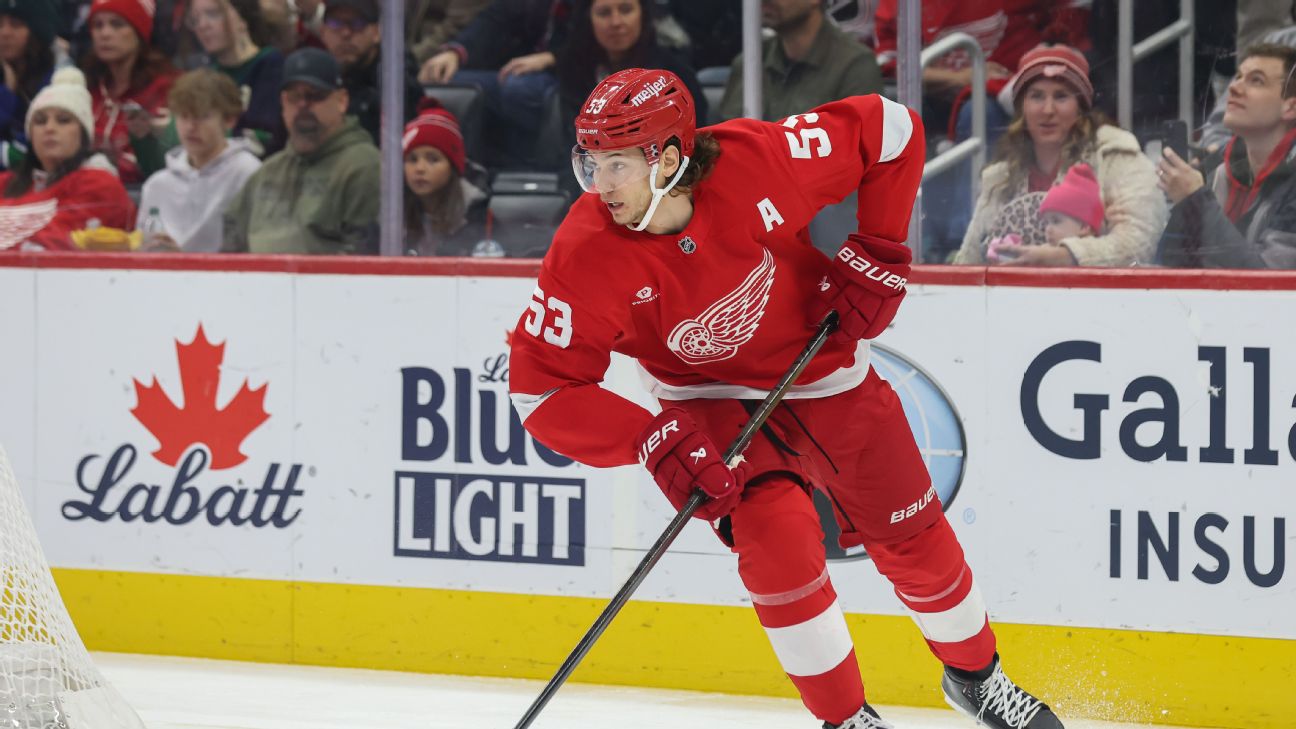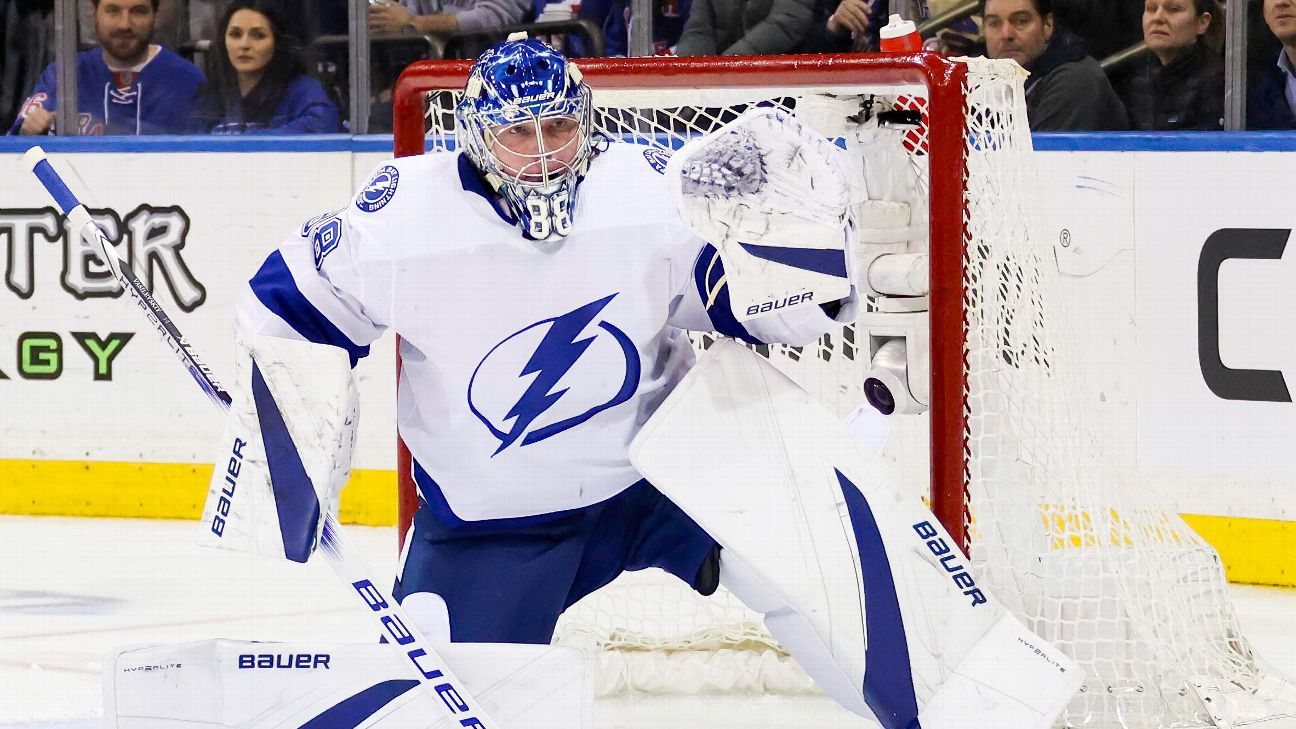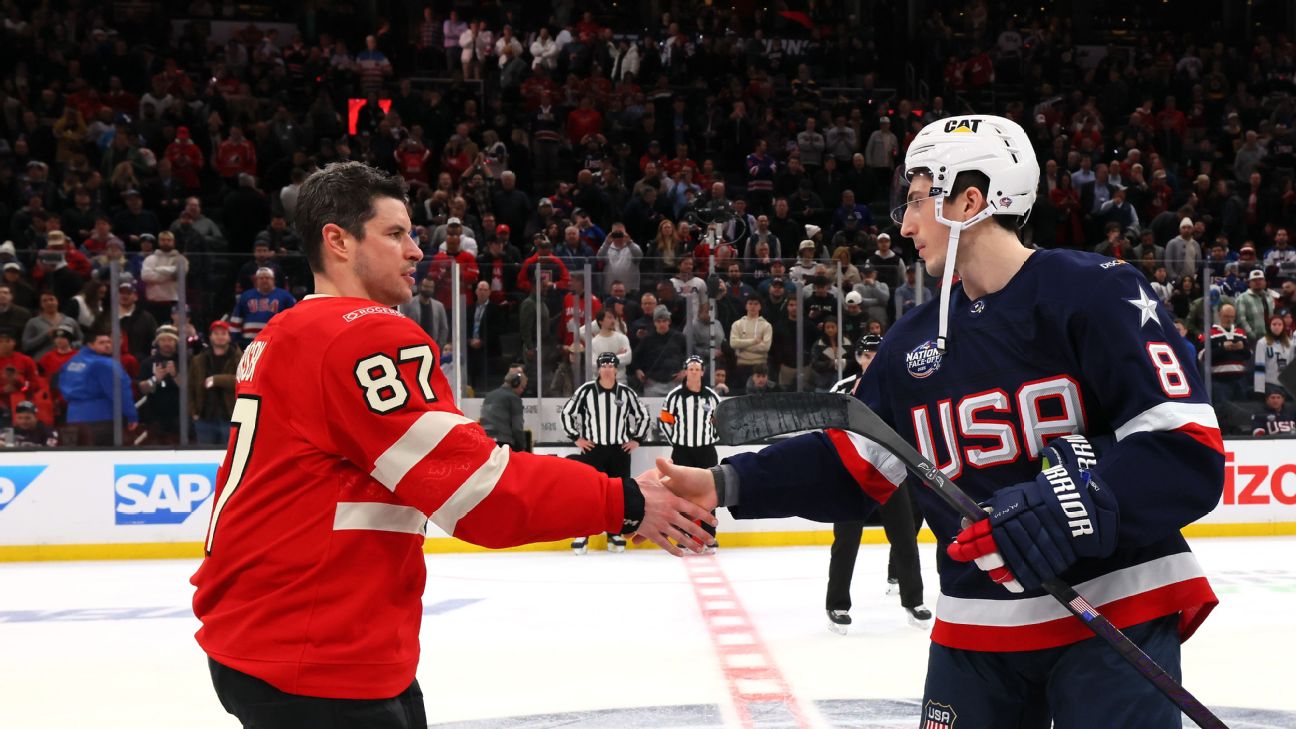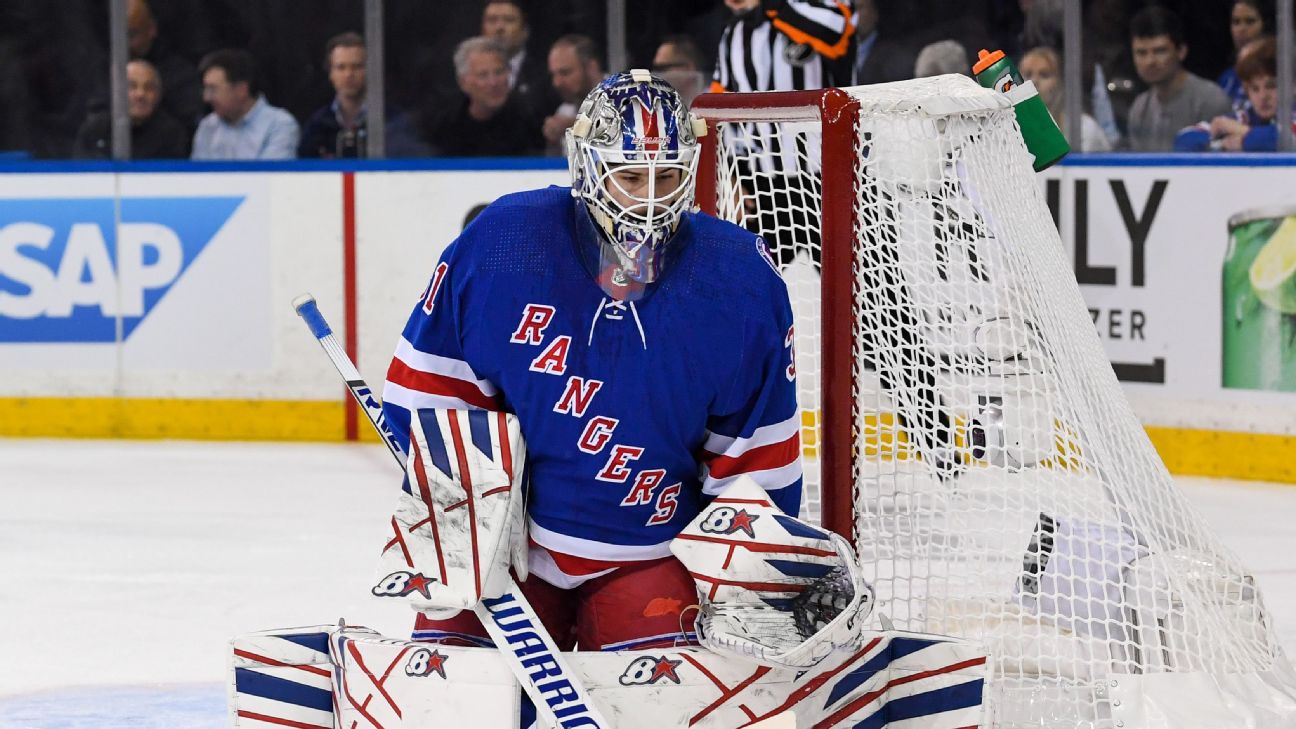NHL's New CBA: Key Changes from 84-Game Season to Emergency Goaltender Rules
Explore the NHL's new CBA changes, including an 84-game season, emergency goaltender rules, and updated LTIR and playoff cap counting regulations.

NHL's New CBA: Key Changes
The NHL and NHLPA have ratified a new collective bargaining agreement (CBA) that will shape the league through the 2029-30 season. Here’s a breakdown of the most significant changes:
1. 84-Game Regular Season
Starting in 2026-27, the NHL will expand its regular season to 84 games, reducing the preseason to a maximum of four games. This adjustment aims to balance divisional schedules and increase revenue while minimizing player fatigue.
2. Emergency Backup Goaltender (EBUG) Rules
The new CBA formalizes the EBUG role, allowing teams to designate a full-time emergency goaltender who can practice and travel with the team. This player must meet specific eligibility criteria, including not having played more than 80 professional games.
3. Long-Term Injured Reserve (LTIR) Updates
The new CBA introduces stricter LTIR rules to prevent teams from exploiting salary cap loopholes. Teams can no longer exceed the average league salary when replacing an LTIR player, and playoff cap counting ensures compliance during the postseason.
4. Contract Length and Deferred Salaries
Maximum contract lengths have been reduced to seven years for re-signing players and six years for free agents. Additionally, deferred salaries will be phased out, simplifying contract structures.
5. Neck Guard Mandate
Beginning in 2026-27, new NHL players will be required to wear cut-resistant neck protection, addressing safety concerns following recent on-ice incidents.
6. Playoff Cap Counting
A new provision ensures that teams must submit playoff rosters that comply with the salary cap, preventing the use of LTIR to exceed cap limits during the postseason.
7. Olympic Participation
The NHL has committed to participating in the 2030 Winter Olympics, pending negotiations with the IIHF and IOC.
These changes reflect the league’s efforts to balance competitive integrity, player safety, and financial sustainability. The new CBA marks a significant step forward for the NHL, ensuring labor peace and addressing long-standing issues in the sport.































